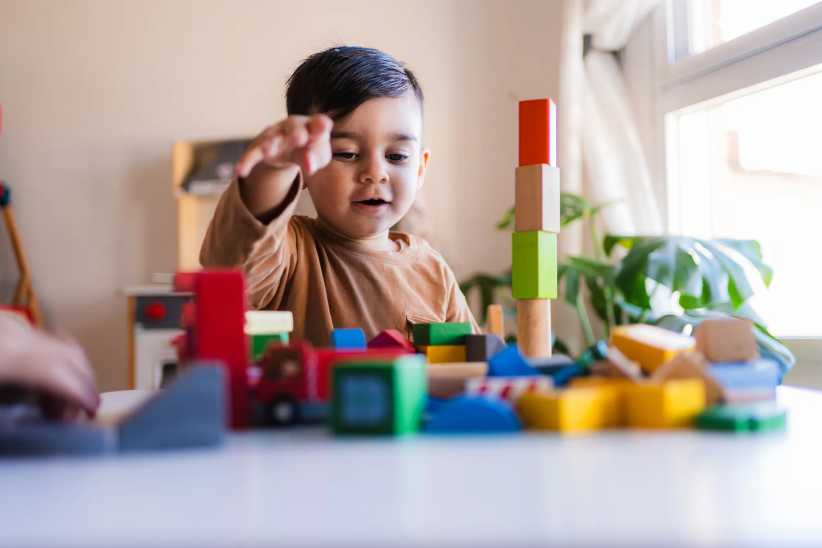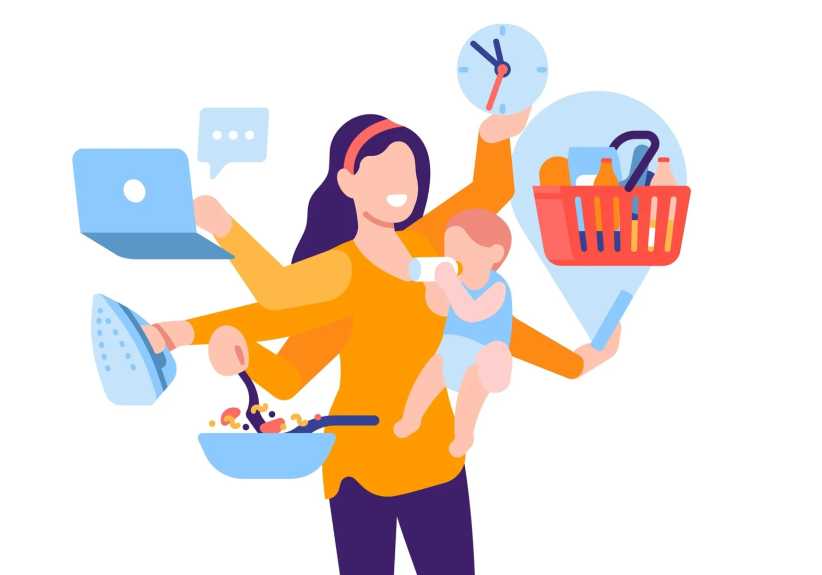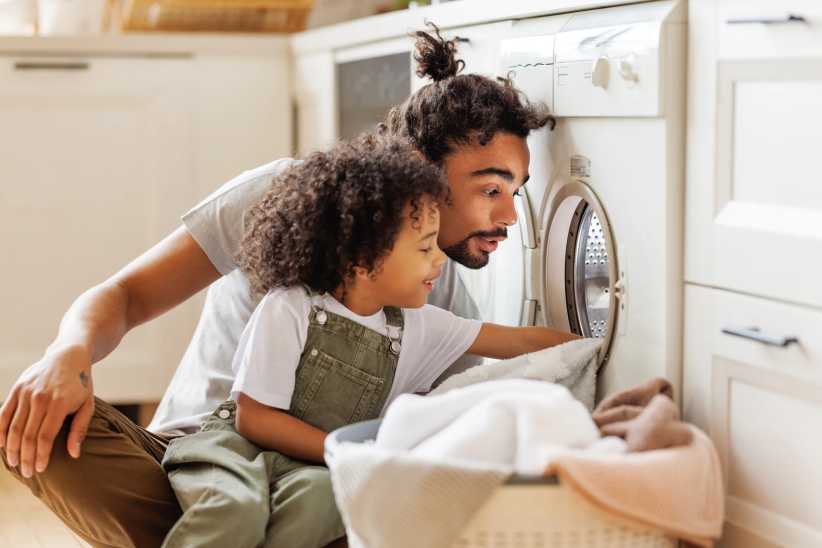The topic of vaccines has sparked a lot of conversations recently due to the measles outbreaks that are being seen across the country.
“Immunizations are key to public health and prevention of various diseases, so it is important that parents have the information they need to protect their families,” says Sarah Ravenhall, executive director at the New York State Association of County Health Officials.
“The most powerful contributor to the fight against vaccine-preventable disease is science, so that is really important,” says Dr. Patricia Schnabel Ruppert, commission of health for Rockland County.
In the beginning of October, some people traveled from Rockland to Israel, and when they returned, were diagnosed with the measles virus because they had not been vaccinated. As a result of the initial seven cases, there grew to be 124 cases. More than 14,000 doses of vaccines have been administered, with the hopes of preventing more.
“With communicable diseases it is easy to get the infection to another person who is not immune if someone exposes them by the air from sneezing or coughing or touching a surface, and that can occur two hours after the person leaves the room,” Ruppert says.
It has been a team effort to try to treat people who have been exposed as quickly as possible.
“The most important thing, is that you can prevent it very well with the MMR vaccine, which is normally given between 12-15 months of age, and a second time before the person goes to Kindergarten at 4 to 6 years of age,” Ruppert says.
But the recommendations are changing in response to the recent events.
“We are strongly recommending that it is given to babies as young as 6 months of age up to 11 months of age, and when they become a year old, that is the official first dose,” Ruppert says.
The measles in particular is a highly infectious disease, and making the decision to vaccinate your child is even helping others.
“One child with measles spreads it to an average of 18 other people because it is that contagious,” Ruppert says. “There is herd immunity, which means that many people who have resistance to the disease—like babies, pregnant women who are not immune, people who are on chemotherapy or other immune suppressants, and people who have another live virus are protected if there are enough people in the community who are immune to the disease.”
So getting your child vaccinated is about more than just his health.
“Something you probably do not think about when you vaccinate your child is that you are protecting other children in the schools, and your entire family, so you are protecting everyone you love,” Ravenhall says.
It is also a dangerous disease, with severe complications such as ear infections, hearing gloss, inflammation of the brain, and seizures.
“There are reasons we do not want people to get terrible diseases like measles, because it is not like a rash and fever and you get better in a week,” Ruppert says.
There are always going to be some people who do not want to accept the facts.
“I argue that vaccinations are not warranted if you believe in natural hygiene, and I have cured cancer and shingles without the drug approach,” says Gary Krasner, director of the Coalition for Informed Choice in Holliswood.
But the reality is that vaccines are the safest and best thing you can do for your child’s wellbeing.
“Vaccines are tested before they are approved and given to families,” Ravenhall says.
And research supports their benefits.
“The measles vaccine is not the cause of autism or any other problem, and actually, autism is diagnosed more often in children that did not have the MMR vaccine,” Ruppert says.
Let your child know why vaccines matter.
“There are so many diseases that can be prevented like mumps, polio, whooping cough, hepatitis, the flu, meningitis, and measles, so the message you should be telling your child is that you do not want him to be sick,” Ravenhall says.
When you are educated and on the same page, it may become easier to stay current with vaccines and be healthy.
“Your pediatrician is someone you can rely on to give you information about what vaccines your child is eligible for which are important to get but it is also important to be an advocate for yourself and approach that conversation with your provider,” Ravenhall says.












